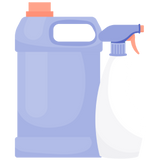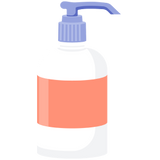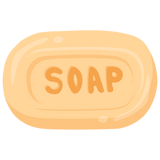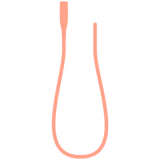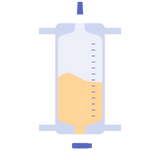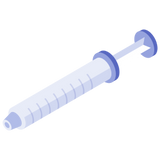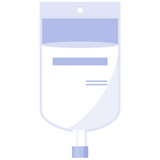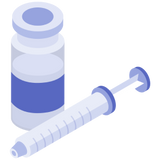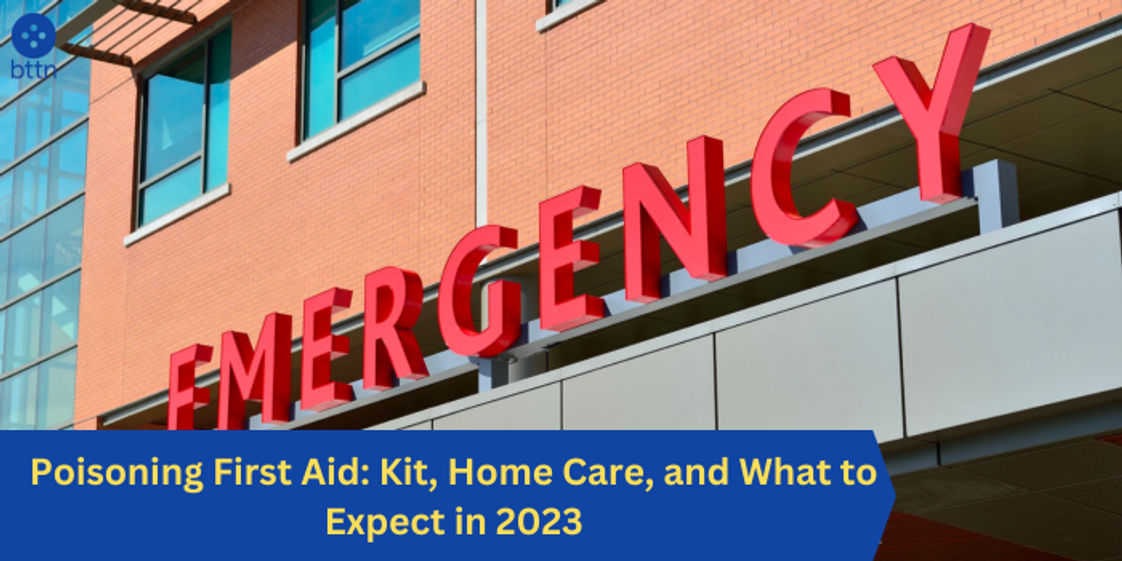
Poisoning First Aid: Kit, Home Care, and What to Expect in 2023
Posted by Pankaj Dhiman on Oct 25th 2023
Poisoning First Aid Kit: What to Include and How to Use It
Poisoning is a frightening situation that can happen to anyone, anywhere, at any time. Whether it's an accidental ingestion, inhalation, or skin contact with a harmful substance, knowing how to respond is crucial. In this blog, we'll discuss poisoning first aid, what to include in your poisoning first aid kit, how to provide home care, and what to expect in such an emergency situation.
What is Poisoning?
Poisoning occurs when a person is exposed to a substance that can cause harm or damage to their body. These substances, known as poisons, can enter the body through various routes, such as ingestion (swallowing), inhalation (breathing in), or skin contact.
Common Causes of Poisoning
Poisoning can occur due to various reasons, including:
- Household Chemicals: Substances like bleach, cleaning products, pesticides, and even some beauty products can be toxic if ingested or inhaled.
- Medications: Accidental overdose of medications, especially in children, can lead to poisoning.
- Plants: Some plants in your garden or home can be toxic if ingested, so it's important to be aware of what you're growing.
- Food Poisoning: Consuming contaminated or spoiled food can lead to food poisoning.
- Carbon Monoxide: This odorless, colorless gas can be produced by malfunctioning heating systems and can cause poisoning if inhaled.
- Insect Stings and Bites: Some individuals may have severe allergic reactions to insect stings or bites.
- Illegal Drugs and Alcohol: Misuse or overdose of drugs and alcohol can lead to poisoning.
Buy Now - Blood Test Kits at Wholesale Price
Poisoning First Aid Kit
Having a well-prepared poisoning first aid kit at home can make a significant difference in an emergency. Here's what you should include:
- Activated Charcoal: This can help absorb the poison if ingested.
- Hydrogen Peroxide: Useful for inducing vomiting if advised by a medical professional.
- Rubber Gloves: Protect yourself while providing care.
- Adhesive Tape and Bandages: For covering wounds or blisters.
- Scissors: To cut clothing or bandages if needed.
- Disposable Syringes: For administering oral medications or activated charcoal.
- Plastic Bags: To collect vomit or substances containing poison.
- Emergency Phone Numbers: Have numbers for poison control centers, local hospitals, and emergency services readily available.
Buy Now - All Covid Test Kits at Wholesale Price
Home Care for Poisoning
In the event of a poisoning incident, it's essential to act quickly and efficiently:
- Assess the Situation: Ensure your safety before helping the victim. If the poison is in the air, move to fresh air immediately.
- Call for Help: Dial emergency services if the victim is unconscious, having difficulty breathing, or experiencing severe symptoms.
- Identify the Poison: Try to identify the substance involved. If possible, keep the container for reference.
- Provide Comfort: Keep the victim calm and reassure them. Anxiety can worsen symptoms.
- Do Not Induce Vomiting: In some cases, vomiting may worsen the situation. Only induce vomiting if directed by a medical professional.
- Offer Water: If the poison is on the skin or in the eyes, flush with water for at least 15 minutes.
- Use the Poisoning First Aid Kit: If you have a poisoning first aid kit, use its contents as needed, following the instructions for each item.
Buy Now - Medical Test Kits at Wholesale Price
What to Expect When You Seek Medical Help
When you call for medical assistance, it's important to know what to expect:
- Medical Evaluation: The medical team will assess the patient's condition, including vital signs, symptoms, and potential exposure to the poison.
- Treatment: Treatment may include activated charcoal, antidotes if available, or supportive care to manage symptoms.
- Monitoring: The patient will be closely monitored for any changes in their condition.
- Prevention of Further Exposure: Steps will be taken to prevent additional exposure to the poison.
- Recovery Time: The length of hospital stay and recovery time can vary depending on the type and severity of poisoning.
- Follow-up: After discharge, it may be necessary to follow up with a healthcare provider to ensure a full recovery.
Buy Now - Wound Care Products
Preventing Poisoning at Home
The best way to deal with poisoning is to prevent it from happening in the first place. Here are some steps to safeguard your home:
- Keep Chemicals Secure: Store household chemicals out of reach of children and pets, and use childproof locks on cabinets.
- Label Containers: Properly label containers and follow usage instructions for all chemicals, including medications.
- Dispose of Medications Properly: Don't keep expired or unused medications lying around. Dispose of them according to local guidelines.
- Identify Toxic Plants: Be aware of any toxic plants in your home or garden, and take appropriate precautions.
- Install Carbon Monoxide Detectors: These can help detect carbon monoxide leaks.
- Safe Storage of Foods: Store food properly to avoid contamination and spoilage.
- Insect Control: Use insect repellents and protective clothing to prevent bites and stings.
- Educate Family Members: Ensure everyone in your household is aware of the potential dangers and knows what to do in case of poisoning.
strong>In Conclusion
Poisoning is a serious and potentially life-threatening situation that requires immediate attention. By being prepared with a poisoning first aid kit, knowing how to provide home care, and taking steps to prevent poisoning, you can protect your loved ones and yourself from the dangers of toxic substances.
Remember that poisoning incidents can happen to anyone, so it's essential to be informed and ready to respond effectively. Your quick and informed actions could make all the difference in saving a life.
For all your medical supplies, including items for your poisoning first aid kit, visit bttnusa.com - Your Wholesale Medical Supplier in the US.
Stay safe, be prepared, and share this information with your friends and family to help keep everyone protected from poisoning emergencies.

















